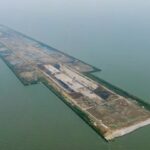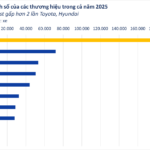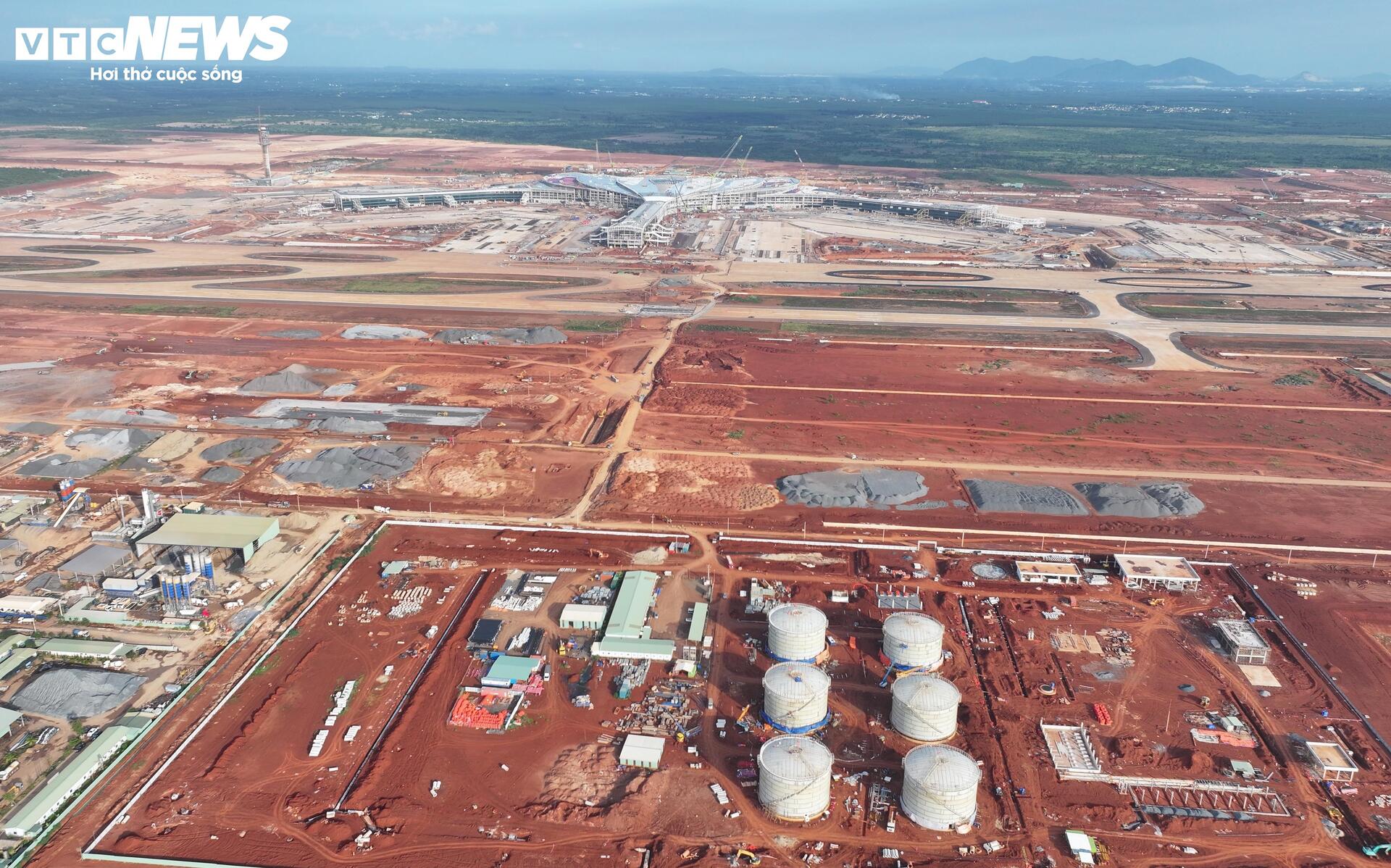
The Bid Package 4.9, worth over VND 2,800 billion, involves constructing a jet fuel supply system at Long Thanh Airport and is currently being expedited.
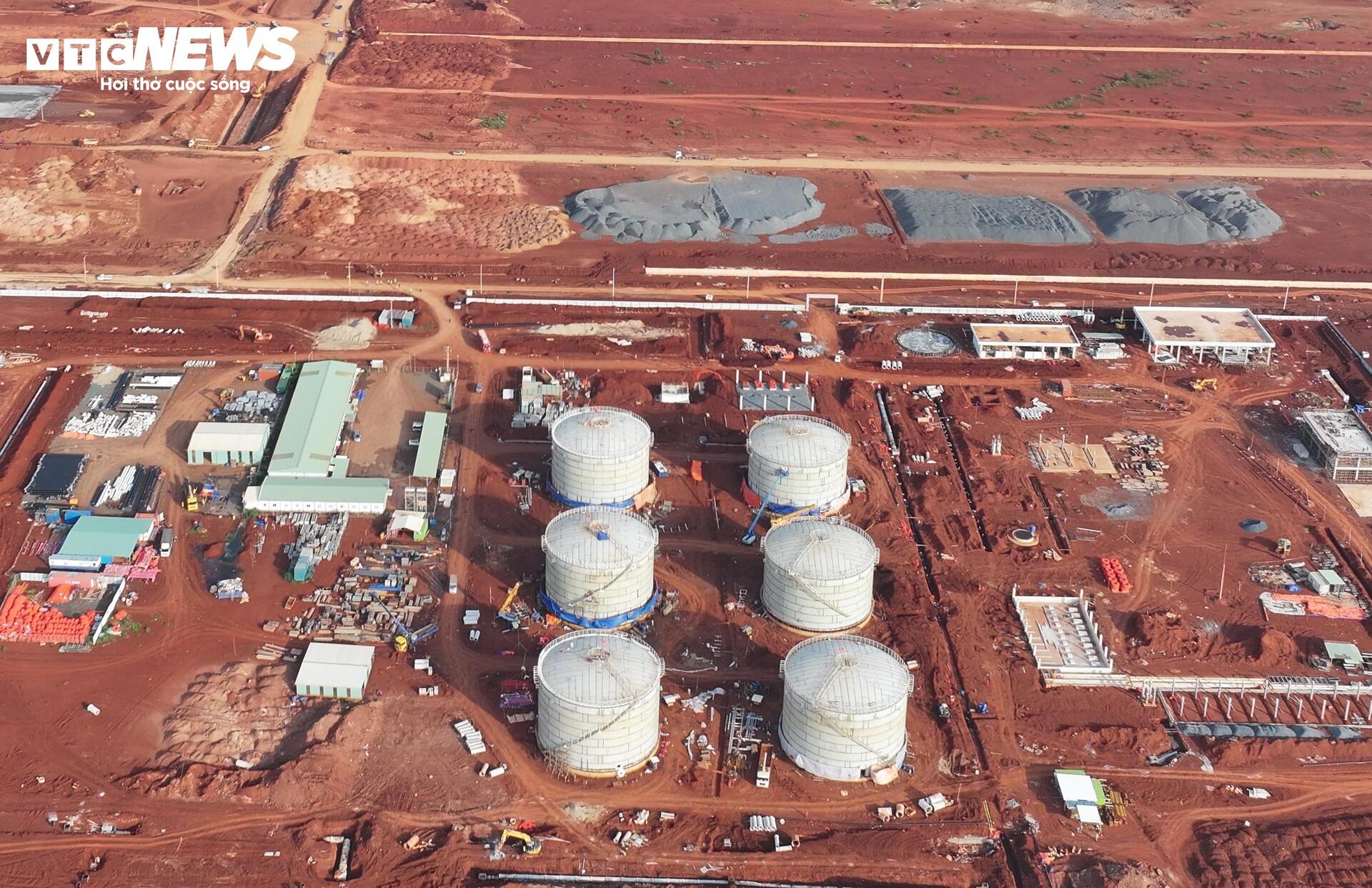
Originally scheduled to commence in October 2024, with an expected completion date of June 2026, the project timeline has been accelerated following the Prime Minister’s directive. The project owner has adjusted the plan, aiming to substantially complete construction by December 19, 2025, to ensure synchronization with the overall project.
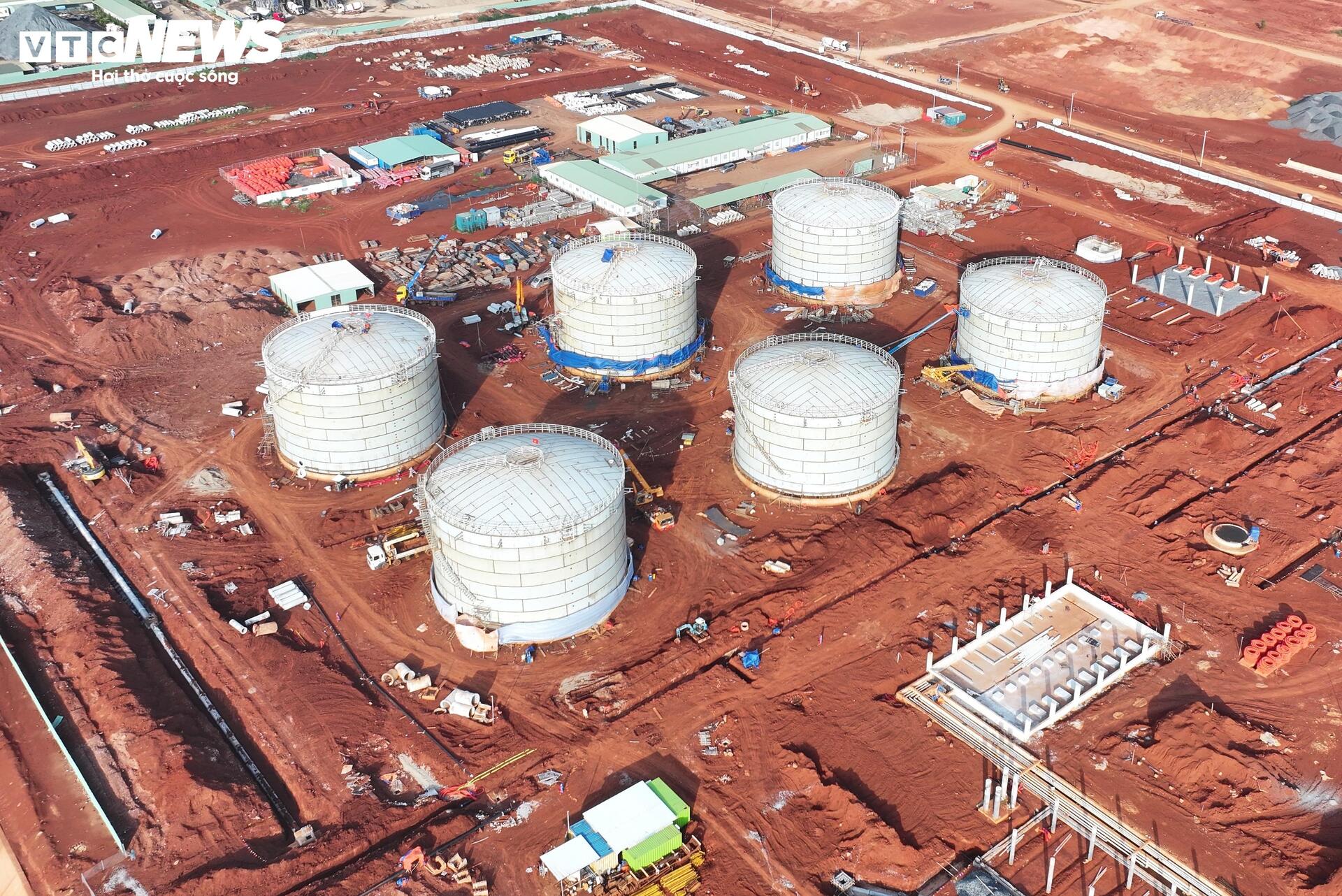
The bid package involves constructing a jet fuel station at Long Thanh Airport with a capacity of 5,200 cubic meters per day. It includes six fuel storage tanks to meet the demands of synchronized operations.
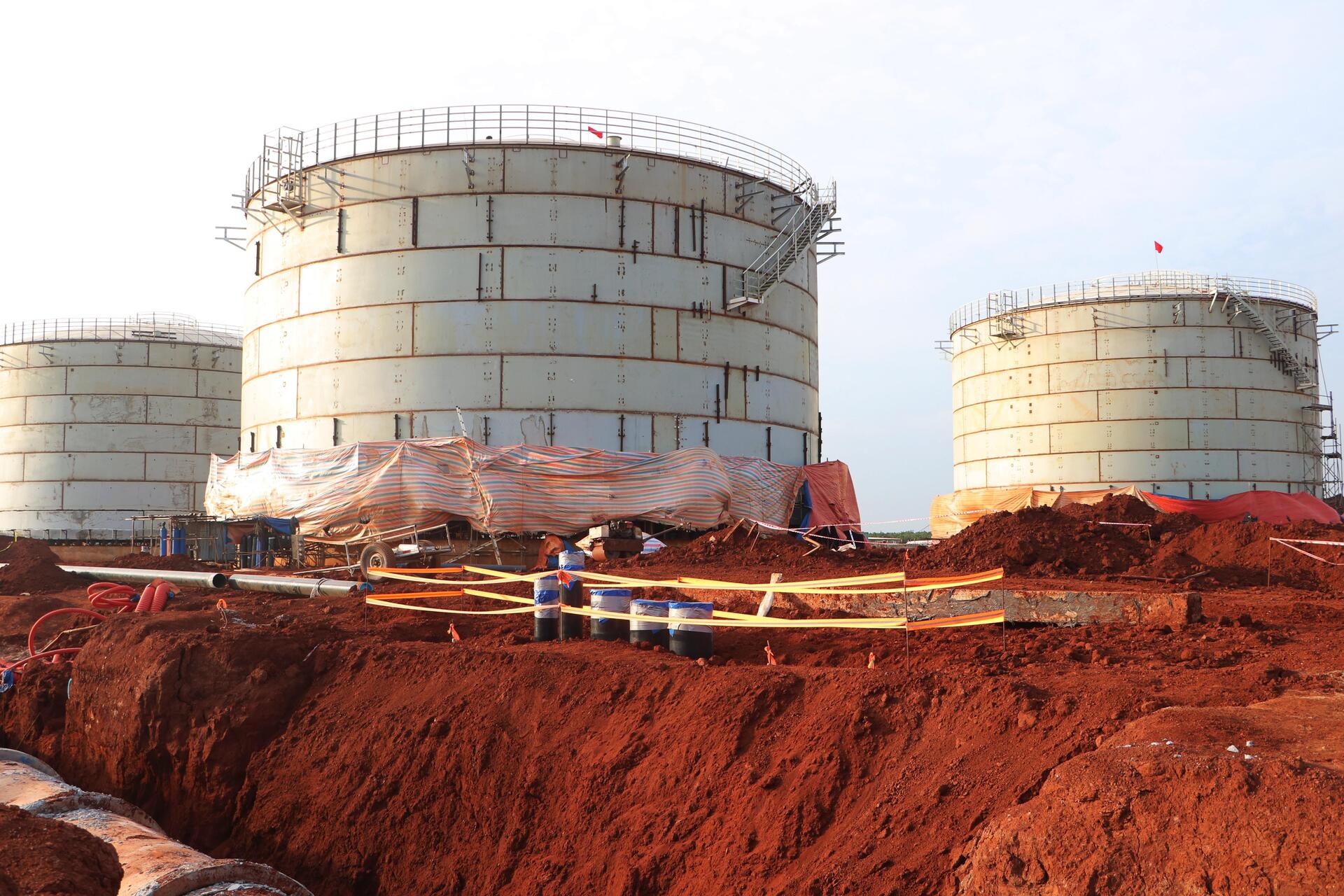
The six floating fuel storage tanks are designed with a capacity of 6,000 cubic meters each, ensuring large-scale fuel storage and supply capabilities.
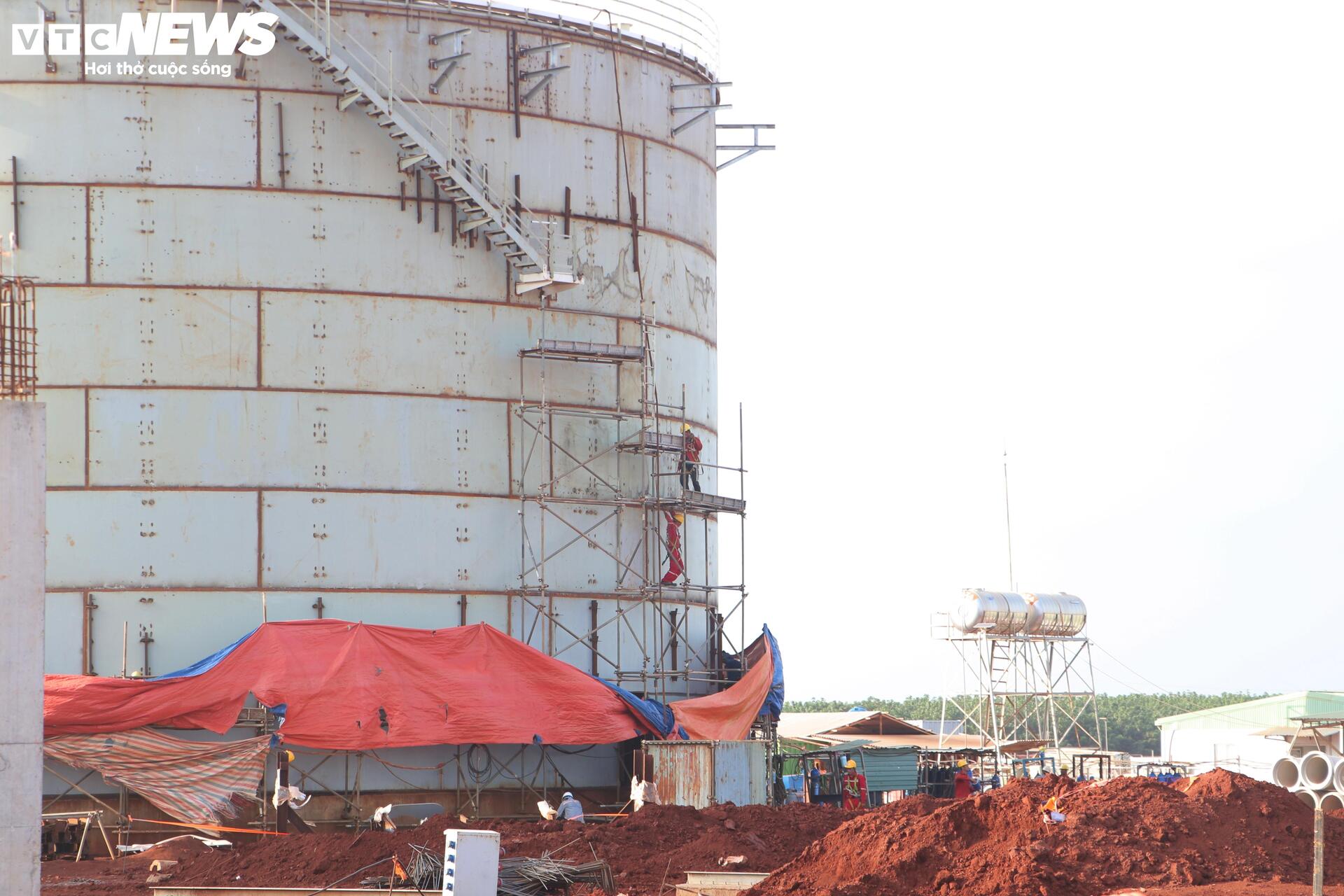
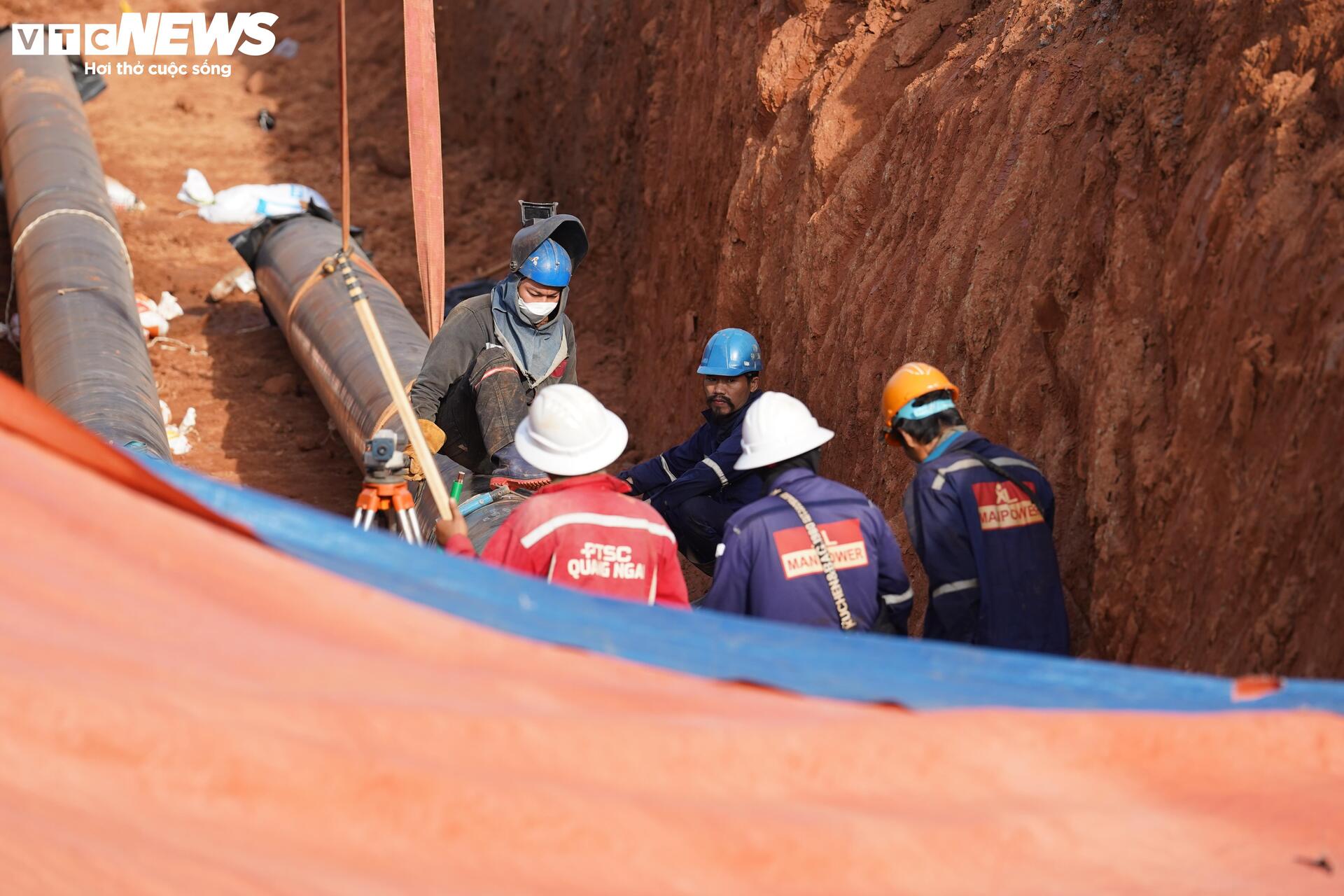
As observed by VTC News reporters, the contractors have mobilized nearly 700 personnel and over 80 pieces of machinery and equipment to accelerate the construction of the bid package.
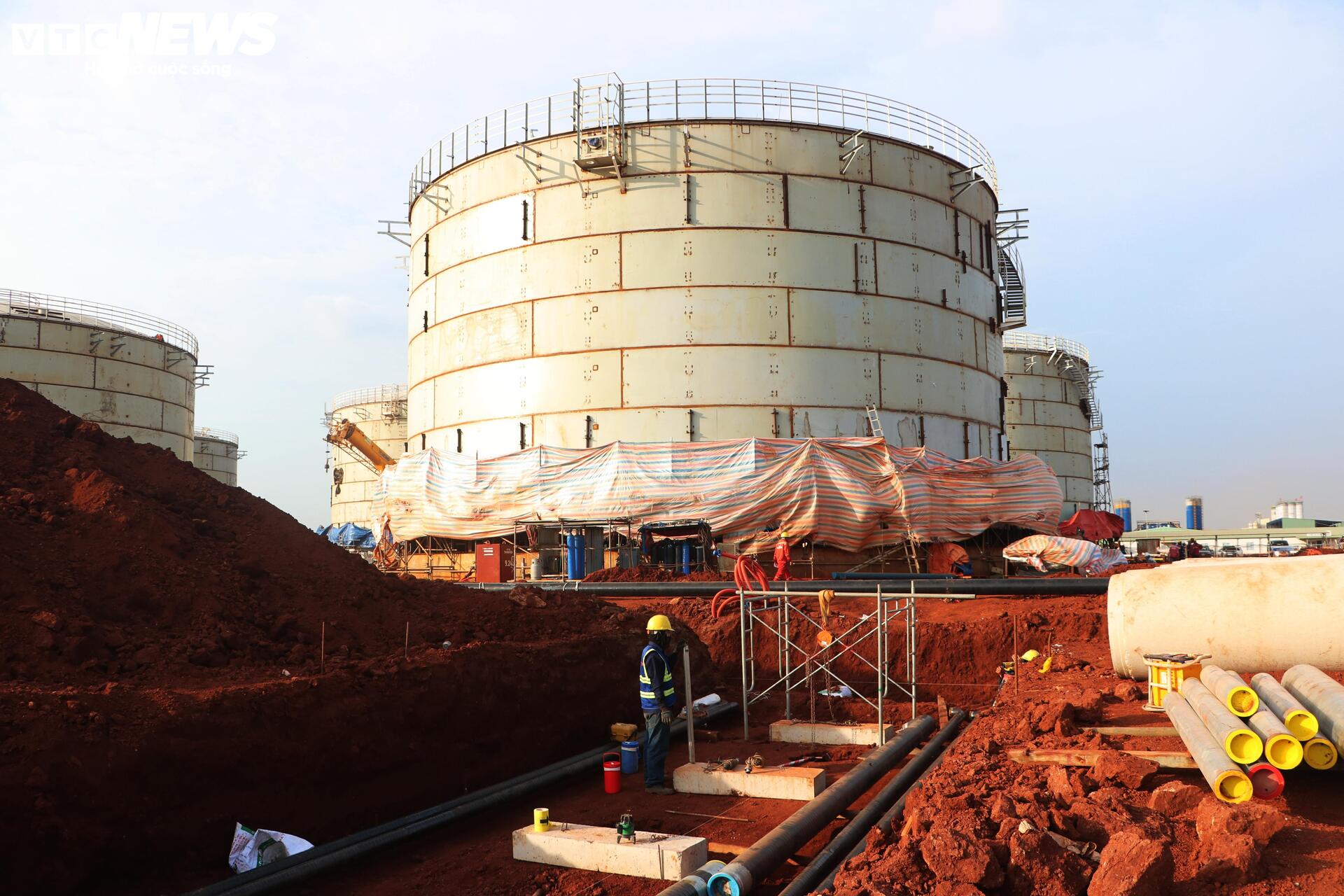
According to the adjusted timeline, the construction of the six jet fuel storage tanks at Long Thanh Airport is expected to be completed by December 5, 2025.
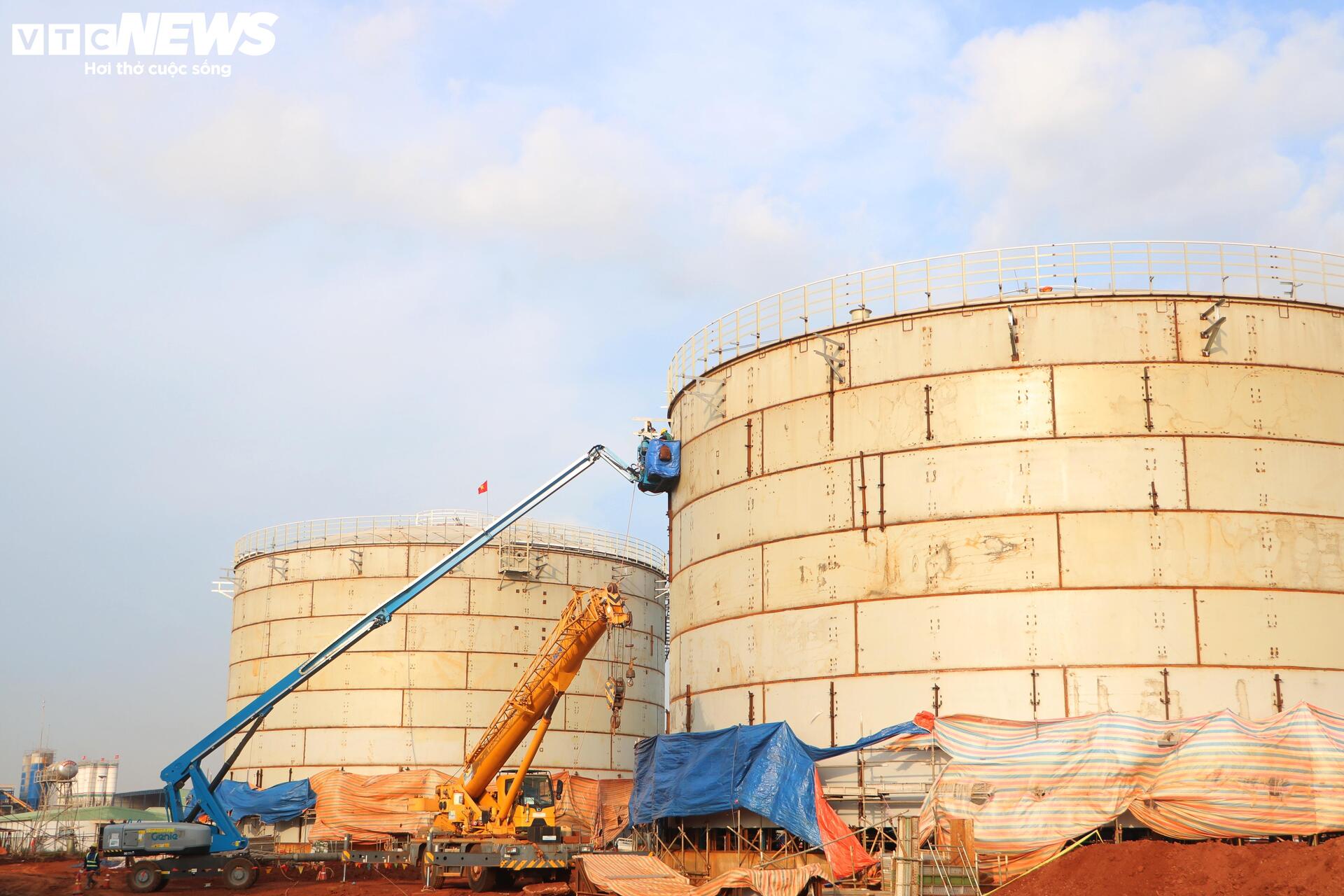
The pipeline system for fuel delivery to the storage tanks at Long Thanh Airport is nearing completion, with the pipe ends sealed and preserved to prevent dust and dirt intrusion.
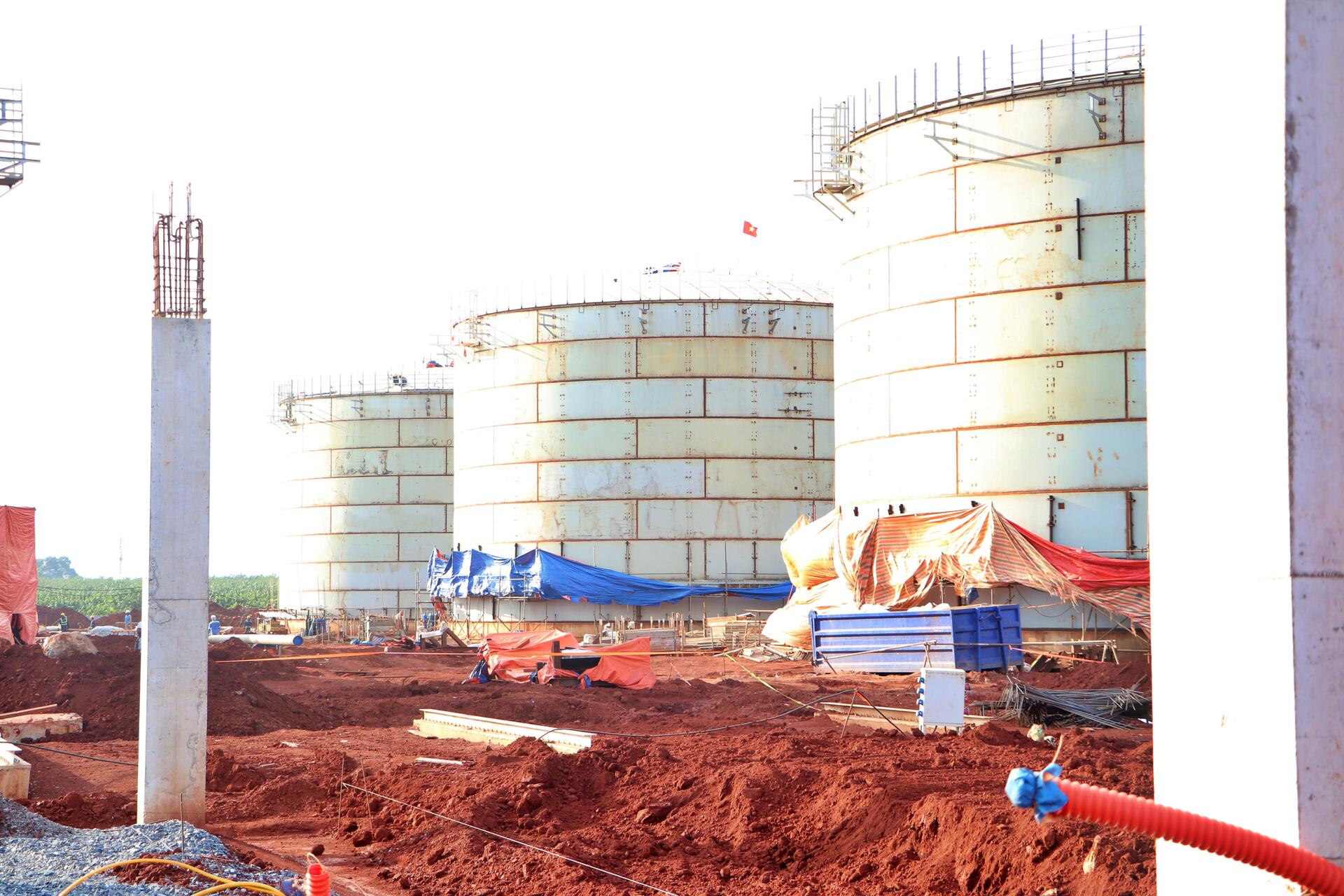
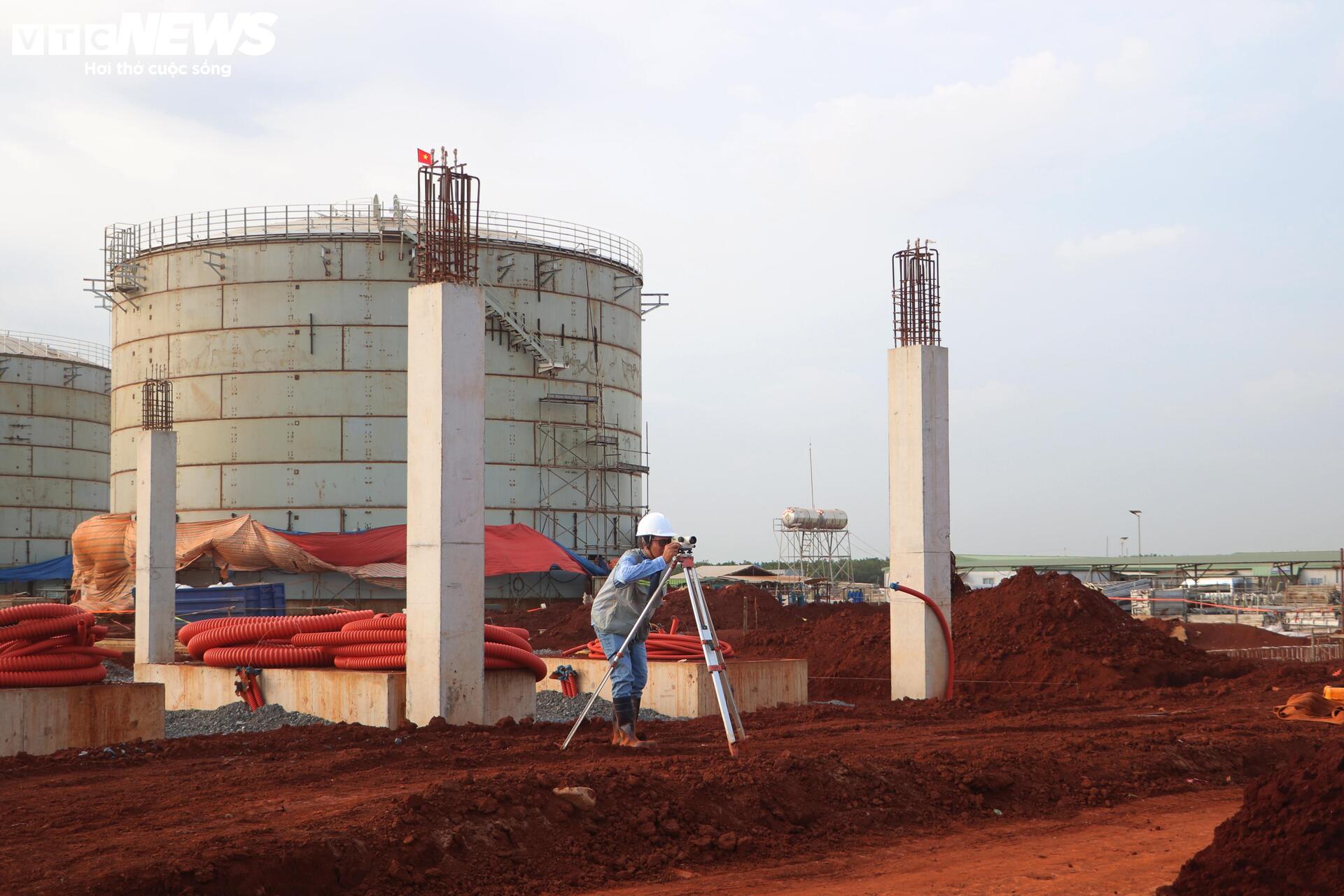
The jet fuel storage project, valued at over VND 2,800 billion, is on an accelerated timeline.
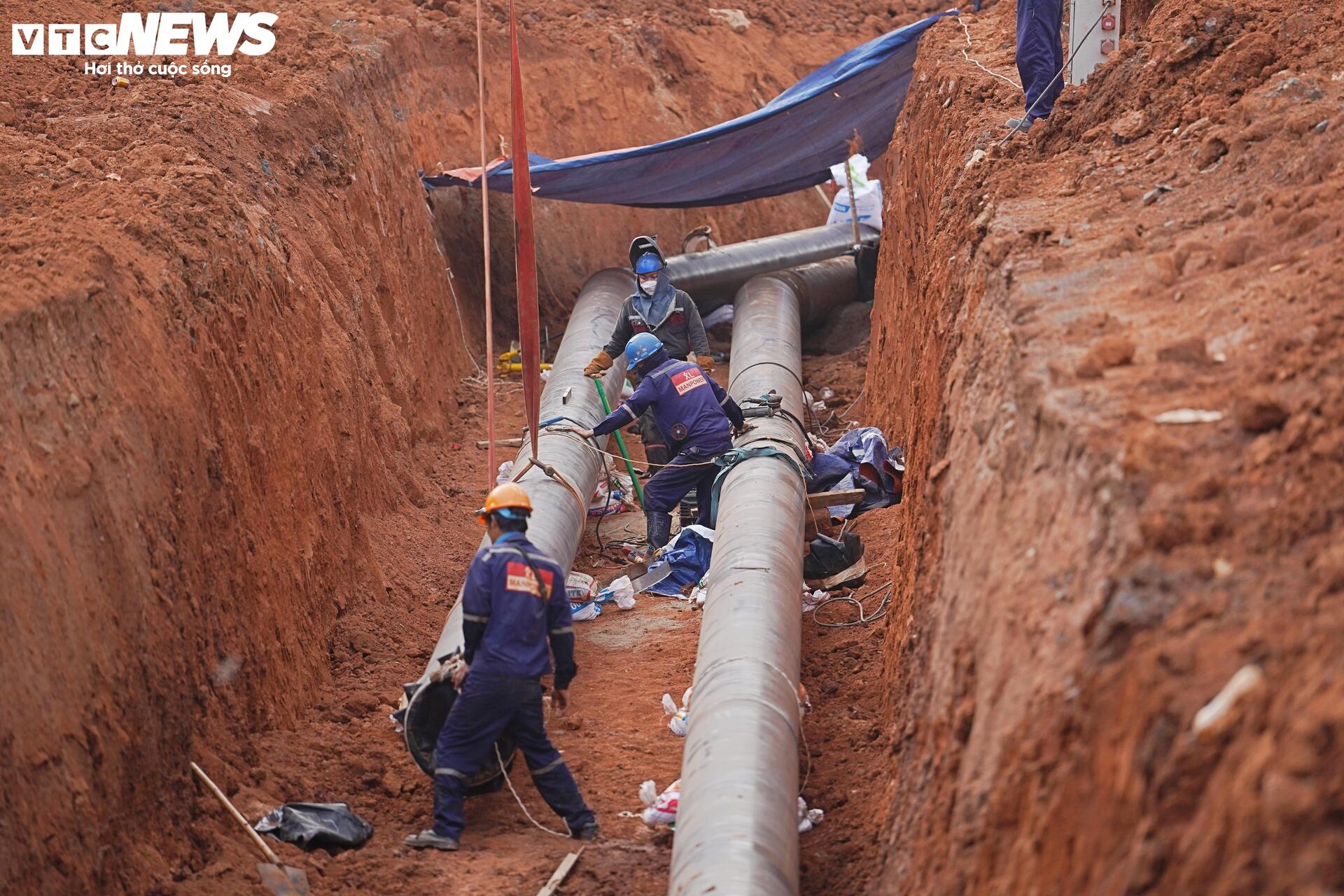
Meanwhile, the installation of the underground pipeline system for jet fuel supply to parking areas 1, 2, 3, and 4, located in front of the passenger terminal, is underway. This work is scheduled for completion by October 20, 2025.
A Sneak Peek at the $8.6 Million Hue Square Ahead of Its Grand Opening
The Hue City Cultural and Sports Square project, a VND 200 billion investment, was initially slated for completion in time for the 50th anniversary of the liberation of Hue (March 26, 2025). However, due to challenges with land clearance and weather-related setbacks, the project timeline has been adjusted, targeting completion by the National Day celebrations on September 2, 2025.
The New Housing Development: A Race to the Finish Line for Can Tho’s Social Housing Investors
The Can Tho City Department of Construction has urged six investors to expedite the implementation and progress of their social housing projects in the area. The department’s recent correspondence emphasizes the importance of meeting the targets set by the Prime Minister for the year 2025 and the period between 2026 and 2030.
“Surpassing Heat, Conquering Rain, Unfazed by Storms: Vingroup’s Resilience in Building One of the World’s Top 10 Largest Exhibition Centers”
This morning, the capital city of Hanoi witnessed a grand opening ceremony of the Exhibition of National Achievements titled “80 Years of Independence, Freedom and Happiness” to commemorate the 80th anniversary of the August Revolution (August 19, 1945 – August 19, 2025) and National Day (September 2).
The Secret of Taihu Tunnel: China’s Underground Mega Project
The breathtaking Taihu Tunnel captivates visitors with its innovative design and cutting-edge technology, providing a direct link between Shanghai and Nanjing.




